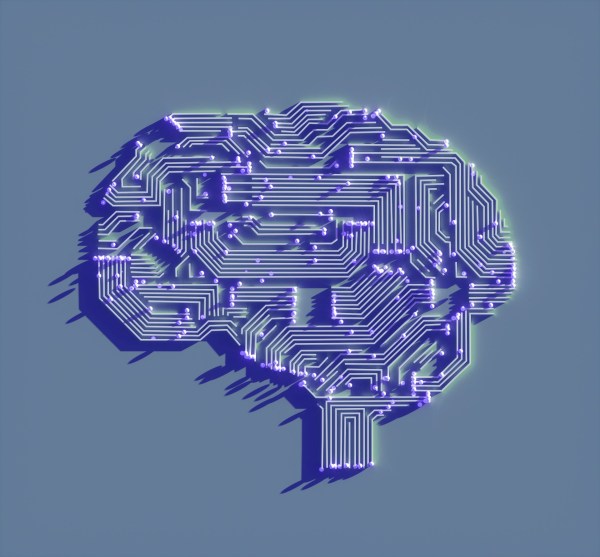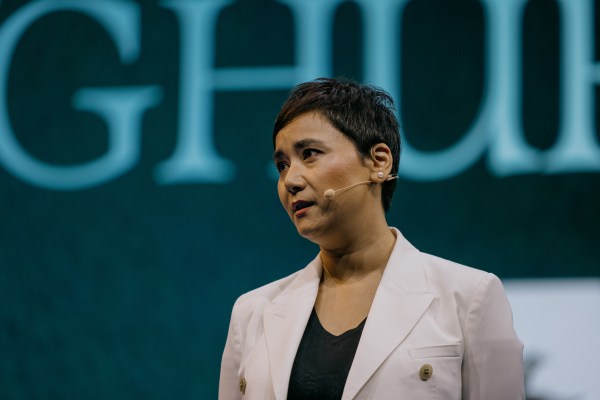NEW DELHI, India—On January 22, Indian Prime Minister Narendra Modi participated in the consecration of Ram Janmabhoomi Mandir, a temple devoted to Hindu deity Lord Ram and built on the ruins of a historic mosque in the northern Indian city of Ayodhya.
Both in the days before the ceremony and since, India has seen a surge in violence against minorities—often fueled by Hindu nationalists—spread across several states. Reported incidents have spanned from sandals being thrown inside a mosque and a shop being set ablaze in Telangana state, to more serious incidents like a graveyard being vandalized and set on fire in Bihar.
The inauguration of the temple holds particular political significance, presenting an opportunity for Modi to bolster his popularity among voters in India, a nation of 1.4 billion people, before elections later this year. But since the temple now stands where a historic mosque was demolished in 1992, critics say Modi’s participation exacerbated the long-standing tensions between India’s Hindu majority and its religious minorities, particularly Muslims.
One day before the temple consecration, a group of individuals chanting “Jai Shri Ram”—“Glory to Lord Rama”—scaled a Christian church in the town of Jhabua in Madhya Pradesh. They hoisted a saffron flag—a symbol of Indian independence movements in the 20th century and used today by a nationalist paramilitary group—atop a cross, with an image of the Ayodhya Ram temple and the inscription “Jai Shri Ram.”
On the day of the temple consecration, a 19-year-old Muslim man was assaulted and paraded naked by a mob of Hindu nationalists celebrating Ayodhya’s Ram temple consecration at Margi, Telangana.
A day later, the state government in Maharashtra razed about 40 shops owned by Muslims. The demolitions were carried out in the same area where violent Hindu nationalists celebrating the Ram temple inauguration confronted Muslims days before.
On January 29, in Balrampur, Chhattisgarh, members of the Hindu Mahasabha, a nationalist political party, disrupted a Christian gathering based on false allegations of religious conversions.
On January 30, officials from the Delhi Development Authority, accompanied by police, demolished a 600-year-old mosque in South Delhi without providing prior notice. The mosque was razed and debris cleared before worshippers could gather for the pre-dawn prayers. As he arrived during the demolition, the mosque’s imam was denied entry and had his phone confiscated to prevent him from contacting others. A small school for Muslim children was also destroyed, and a graveyard next to the mosque dug up.
A group of 22 Indian diaspora organizations released a joint statement drawing a straight line between Modi’s Hindu nationalism and the recent violence. “This is happening against a backdrop of a horrifying escalation in discrimination and violence against religious minorities, particularly Muslims, and is against the secular fabric of the country and its Constitution,” they said. They also condemned Modi’s presence at the temple consecration, which they said signals Modi’s intent to “sideline and replace India’s secular Constitution.”
Both Modi and his Bharatiya Janata Party (BJP) have championed Hindutva, the political ideology that prioritizes the interests and identity of Hindus in India and seeks to promote a sense of cultural and national unity among Hindus and asserts the primacy of Hindu culture and values in Indian society.
Modi’s political worldview has put him in conflict with the Indian Constitution, established in 1950, which emphasizes secularism, democracy and equality for all citizens. Policies such as the Citizen Amendment Act—which opens up pathways to Indian citizenship for refugee groups with the exclusion of Muslims—and Modi’s 2019 move to revoke the autonomy of Indian administered Kashmir have both been met with criticism.
Since he assumed office in 2014, Modi’s tenure has seen concurrent mass events of communal violence targeting Muslims, Christians, and other religious minorities, and a sharp decline in press freedom. He enjoys the support of the Hindu majority, boasting an approval rating of 76 percent, which positions him as the most popular leader globally, according to data from the U.S.-based firm Morning Consult. His influence among world leaders also seems to be rising, as does the reach of Hindutva.
In New York last month, Indians who sympathize with Modi’s far-right Hindu populism chanted slogans calling for the takeover of two more mosques in the Indian cities of Mathura and Varanasi. “Ayodhya is just a teaser,” the crowd chanted. “Kashi and Mathura are pending!”
“The recent widespread festivities in the United States are concerning,” Rasheed Ahmed, who heads the Indian American Muslim Council, said. “The celebration of Ram temple consecration and glorification of Babri masjid demolition on a global scale is a blatant endorsement of religious intolerance.”
Modi’s involvement at the temple consecration in Ayodhya lends significant weight to the event, “which heightened the emotions, inflaming existing animosity among the Hindutva believers,” said Sudeep Dalvi, a social activist based in Goa, India.
“For decades, the Bharatiya Janata Party (BJP) led by Modi has been strongly advocating for the construction of the temple, viewing it as a symbolic assertion of Hindu identity following centuries of Mughal and British rule,” he said.
The site of the temple has been a flashpoint for religious tensions for decades, particularly since the demolition of the 460-year-old Babri Masjid mosque in 1992 by a large mob of more than 150,000 Hindutva men and women. In November 2019, the Supreme Court of India ruled that the mosque site should be handed over to a trust for the construction of a Hindu temple.
The central government’s announcement of a half-day closure for numerous hospitals, government offices, central institutions, and businesses across the country on the day of the consecration raised concerns about potential disruptions to emergency services nationwide and received harsh criticism.
Criticism for Modi also came from international organizations, opposition parties, and prominent spiritual leaders following the ceremony.
Four shankaracharyas—revered spiritual leaders of the Hindu faith—did not attend the ceremony, unhappy with what they perceive as a departure from the ancient Hindu tradition. “It’s the responsibility of priests and sadhus to consecrate Lord Rama’s idol,” said Shankaracharya Nishchalananda. They also viewed the ceremony as overly politicized, potentially influenced by electoral considerations. The Congress Party, the chief rival to Modi’s BJP, asserted in a statement that while religion is a personal matter, the BJP and the Rashtriya Swayamsevak Sangh (RSS), a Hindu nationalist volunteer paramilitary organization, have long pursued the construction of the Ram Mandir as a political project.
Modi is a lifelong member of the all-male RSS, which was established in 1925 and modeled on Italian fascist groups such as Mussolini’s Blackshirts. Both the BJP and RSS view India as a nation for Hindus, by Hindus. Before assuming office as India’s prime minister in 2014, Modi served as the chief minister of Gujarat state, which in 2002 experienced a riot resulting in more than 2,000 deaths, predominantly among the Muslim community.* A United Kingdom inquiry later declared Modi was “directly responsible.” This dark chapter netted Modi international condemnation, including a U.S. travel ban in 2005, and cemented his image at home as an anti-Muslim leader.
Despite the rising Hindu nationalist violence against Indian Muslims during his tenure as a chief minister, Modi led the BJP to victory in the 2014 general elections and secured another win in 2019.
Now, with the inauguration of the temple, Modi and the BJP are aiming to leverage religious sentiments to shore up their grip on power for a third consecutive term in the upcoming elections, expected to take place this spring. Modi aims to position himself as a leader who honors and promotes Hindutva and Hindu heritage, appealing to a broad spectrum of voters across the Hindu majority in India.
“The temple’s opening not only marks a milestone in the BJP’s Hindutva agenda but resonates deeply with Hindu sentiments, potentially solidifying support for the party among its base,” Dalvi said.
Correction, February 4, 2024: The Gujarat riots referenced in this article were in 2002, not 2022.






Please note that we at The Dispatch hold ourselves, our work, and our commenters to a higher standard than other places on the internet. We welcome comments that foster genuine debate or discussion—including comments critical of us or our work—but responses that include ad hominem attacks on fellow Dispatch members or are intended to stoke fear and anger may be moderated.
With your membership, you only have the ability to comment on The Morning Dispatch articles. Consider upgrading to join the conversation everywhere.